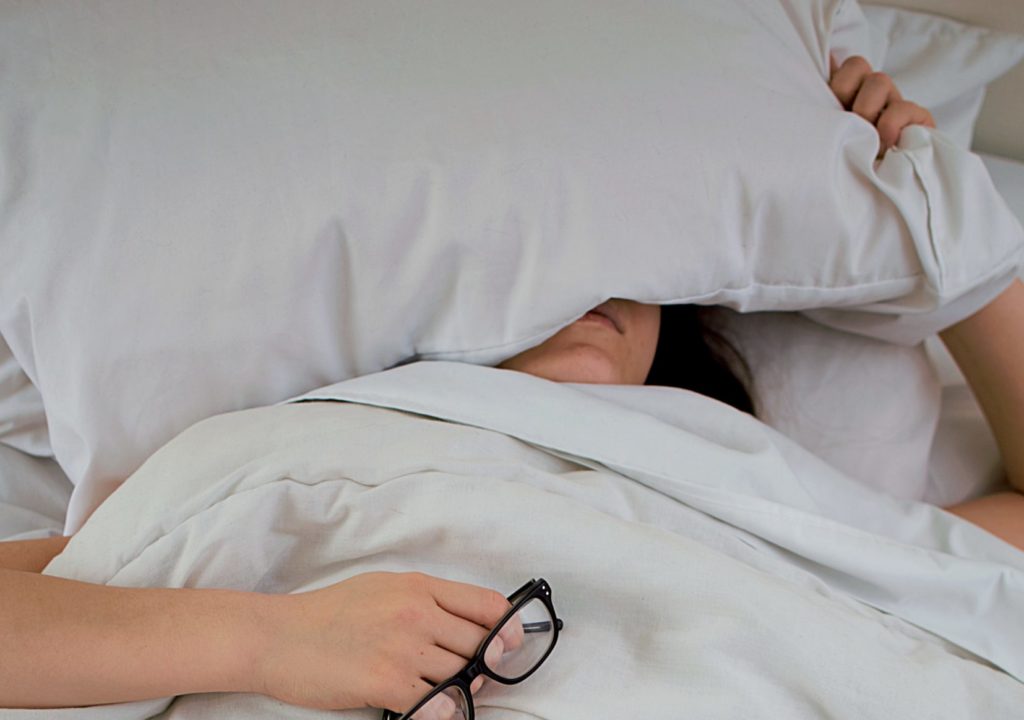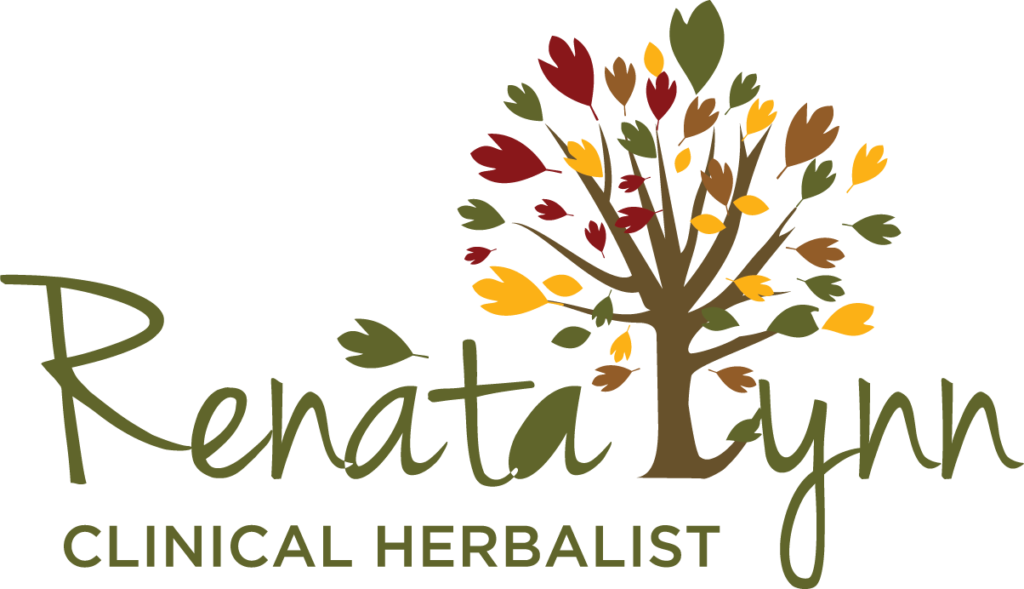Is Menopause Keeping Me Awake? What Are Some Herbal Solutions?

According the National Sleep Foundation 35% of American adults report regularly getting fewer than 7 hours of sleep per night and, for women, the prevalence of sleep disturbance increases approaching and during the peri-menopausal transition. Hot flashes and night sweats are significant contributors to disturbed sleep for many women at this time of life, but they’re not the only factor at play. In fact, not all women in peri-menopause experience hot flashes. Research into perimenopause and sleep disturbance showed that around 40% of night-time wakings were not associated with hot flashes.
Check out this review article for a synopsis of research on sleep and perimenopause.
In order to craft an effective sleep strategy, we must consider all the relevant factors. Typically, these include:
Hot flashes
They’re not the only contributor, but they’re a big one. Hot flashes are triggered by hormonal fluctuations and are the result of the intersecting activity of three different body systems: the endocrine, nervous, and cardiovascular systems, so our strategy will need to target all three. You’ll also want to reduce or eliminate things that are known to trigger or increase the occurrence of hot flashes. Common triggers include alcohol, caffeine, and stress. (Stay tuned for a future post that goes more deeply into hot flashes)
Stress
Stress can contribute to disturbed sleep in a couple of ways. One is elevated cortisol levels. Our stress response system is designed to mobilize physiological resources for action. In a healthy baseline pattern, cortisol levels are highest in the morning and steadily decline throughout the day and are lowest at night. Chronic stress can lead to generally elevated cortisol and disrupt a healthy pattern of cortisol release. Episodic stress can raise cortisol levels for a few hours, and in the evening this can interfere with sleep (consider about that action/adventure or thriller you’re watching in the evening). Another way that stress disturb sleep is by contributing to restless mind or racing thoughts.
Anxious or depressed mood
Hormone changes that characterize this life stage can lead to anxiety and/or depressed mood for many women. Research into this topic shows that anxiety tends to increase the time it takes to fall asleep and depressed mood results in sleep that is not restful. The research also shows that there is a bidirectional relationship between sleep and mood – mood disorders often lead to disrupted sleep and disrupted sleep can lead to mood disorders.
Sleep apnea
A discussion of sleep apnea is beyond the scope of this post. However, I did want to mention it because the incidence of sleep apnea in women increases significantly at perimenopause. So, you if don’t find relief with the following suggestions or you suspect you may have sleep apnea, pay a visit to your physician for evaluation. Check out this article from the National Sleep Association for more information.
So, now that we’ve laid out the challenges, let’s talk about solutions. A solid sleep strategy will focus on lifestyle factors in addition herbal therapy and there are some important lifestyle elements to examine when it comes to sleep. Check out this ATH post from Amy Charnay to learn more.
For an herbal protocol the important categories of actions we want to focus on are:
Adaptogen
Herbs that have a normalizing effect on stress response. Two of my favorites are ashwaganda and holy basil, both have the added benefit of nervine action. Holy basil is also uplifting to the mood. Ashwaganda can be particularly helpful if staying asleep is problematic and, unlike other adaptogens, it is fine to take in the evening as well as morning
Nervine
Herbs that have a relaxing, calming effect on the nervous system, and some have an uplifting effect on mood in addition to relaxant qualities. As mentioned above, ashwaganda and holy basil are fabulous nervines, another that is important to consider in this context is skullcap. All three are helpful when anxiety is present. I reach for holy basil when there is an element of depression, for ashwaganda when there is nervousness or a sort of wired exhaustion, and skullcap when there is restless mind and tension
Vascular tonics
Herbs that support vascular endothelial tone and function. If hot flashes are an issue, vascular tonics help blood vessels be less reactive to hormonal fluctuations. Two of my favorites are tilia and hawthorn, both herbs also have nervine qualities.
Phytoestrogens
These herbs do not contain estrogen, nor do they stimulate the production of estrogen. They do contain compounds that have similar structural components as estrogen, and they bind to estrogen receptors and either stimulate or inhibit physiologic and biochemical activity depending on the specific body tissue. They can reduce hot flash severity and frequency by interrupting the feedback loop that leads to hormonal fluctuations. I find red clover and hops particularly supportive.
Hypnotics
a subset of nervines that help to induce sleep. I find Passionflower and hops particularly supportive in perimenopause.
Hepatics
Herbs with hepatic properties support liver function, and since hormones are metabolized and cleared by the liver, these herbs are an important part of our protocol. Two of my favorites are dandelion and Schisandra.
I like to have a daytime formula and a nighttime formula in herbal sleep support protocols. One possible protocol where there is difficulty getting to sleep, anxiety, depressed mood, and hot flashes could include the following:
Herbal Blends
Daytime tea
Holy Basil
Skullcap
Tilia
Red clover
Hibiscus
Schisandra
Nighttime tincture
Passionflower
Skullcap
Hops
Tilia
Some notes and cautions in closing:
- There are many, many herbs that are great allies for sleep and perimenopause, and the ways in which they can be combined into supportive formulas is endless. See your local herbalist to get a formula suited to your particular needs.
- Check with your herbalist to learn how best to work with adaptogens and to determine which are right for you.
- Discuss phytoestrogens with your herbalist and/or physician if you are at risk for estrogen dependent cancers.
- Ashawaganda is in the nightshade family and some people who are allergic to nightshades react to ashawaganda.
If you know someone who might be interested or benefit from this information. Please share this post.
The post IS MENOPAUSE KEEPING ME AWAKE? WHAT ARE SOME HERBAL SOLUTIONS? originally appeared on Ask The Herbalists blog on August 1st 2019
